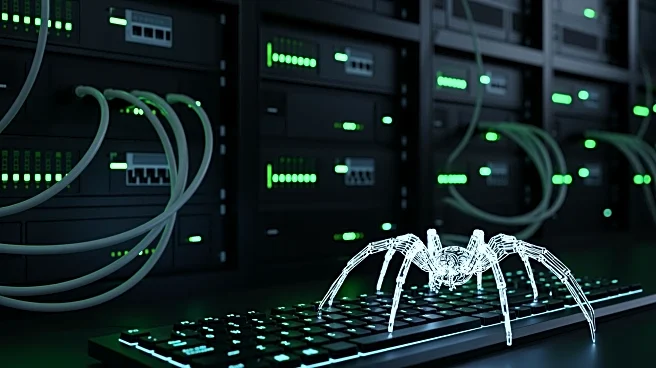Rapid Read • 9 min read
Business schools are increasingly incorporating AI tools such as ChatGPT into their curricula to enhance learning experiences. Professor Aritra Pan from IMI Bhubaneswar experimented with using ChatGPT as a virtual consultant in his Management Information Systems class, allowing students to interact with the AI for brainstorming and problem-solving during case discussions. This approach aimed to make sessions more interactive and encourage students to critically evaluate AI-generated responses. Similarly, Wharton Professor Ethan Mollick has integrated AI into his syllabus, requiring students to use ChatGPT for project brainstorming, which has reportedly increased creativity. Other institutions, like Khan Academy, are piloting AI tutors to provide personalized learning experiences, although challenges remain in ensuring accuracy and ethical use.
AD
The integration of AI tools in business education reflects a broader shift towards preparing students for a future where AI plays a significant role in various industries. By familiarizing students with AI technologies, educators aim to equip them with skills necessary to leverage AI effectively in their careers. This trend also highlights the importance of teaching students to critically assess AI outputs and understand its limitations and biases. As AI becomes more prevalent, the ability to work alongside these technologies responsibly and ethically will be crucial for future managers and leaders. The move towards AI-enhanced education could lead to more innovative and adaptive learning environments, fostering a generation of professionals adept at navigating AI-driven landscapes.
As AI continues to be integrated into educational settings, schools may develop more sophisticated AI systems tailored to specific learning objectives, ensuring ethical use and academic integrity. Educators might also refine their approaches to balance AI assistance with traditional learning methods, emphasizing critical thinking and human insight. The ongoing dialogue about AI's role in education could lead to new policies and guidelines that address its use in classrooms, exams, and assignments. Additionally, as AI tools evolve, educators and students will need to stay informed about advancements to maximize their potential benefits while mitigating risks.
The use of AI in education raises ethical considerations about dependency on technology and the potential for academic dishonesty. It challenges educators to find a balance between leveraging AI for efficiency and ensuring students develop independent critical thinking skills. The cultural shift towards AI-assisted learning may also influence how future generations perceive and interact with technology, potentially reshaping educational norms and expectations. Long-term, this integration could lead to a reevaluation of traditional teaching methods and the role of educators in an AI-enhanced learning environment.
AD
More Stories You Might Enjoy











